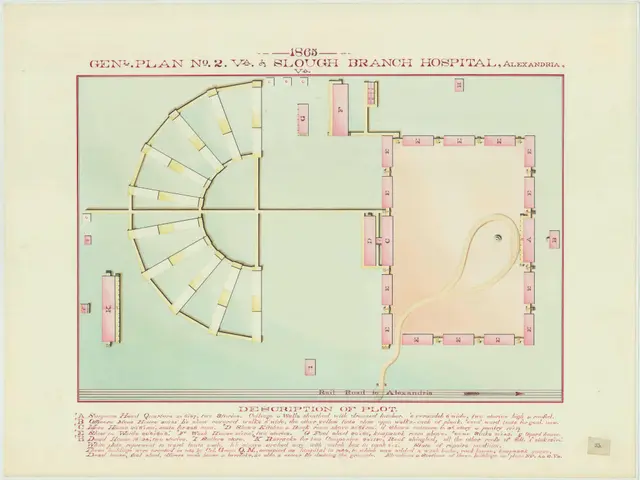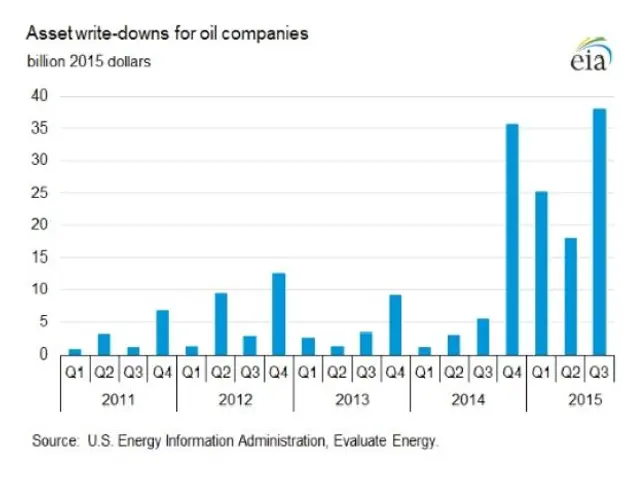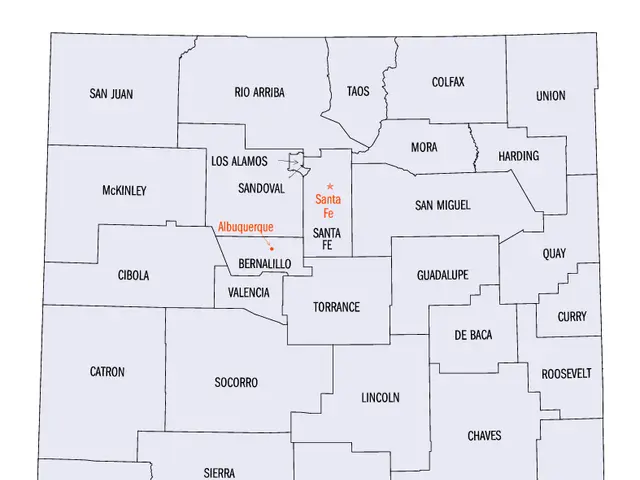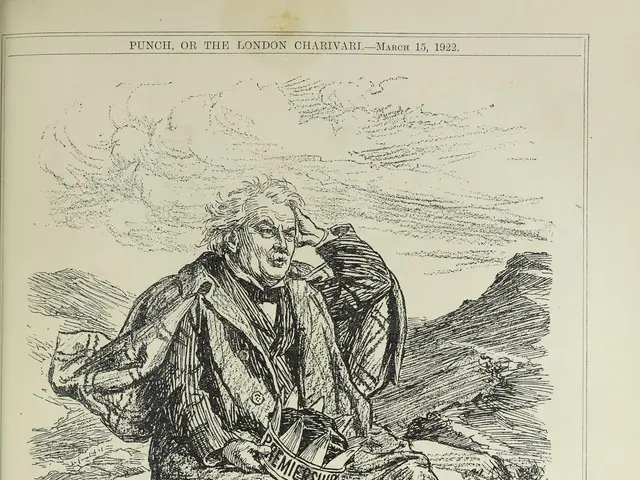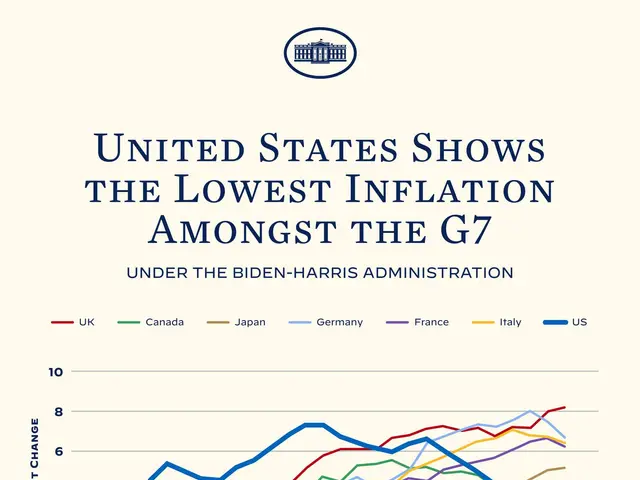Batteries Ablaze: Krischer Advocates for Deposit System in Response to Persistent Waste Facility Fires
E-cigarette restriction: Krischer proposes deposit system for devices - Incident triggered by batteries prompts Krischer's call for a commitment program
In the face of recurring fires in waste management facilities triggered by discarded batteries, Green NRW Environment Minister Oliver Krischer advocates for a deposit system for lithium-ion batteries.
Casual disposal of batteries, from devices such as e-cigarettes, mobile phones, and electric equipment, have been identified as significant contributing factors to the annual billion-dollar damage sustained by sorting plants due to these careless mishaps. Krischer insists, "We require immediate action to prevent batteries from ending up in the waste."
NRW experiences an alarming 100 facility fires annually, with many often caused by batteries[1]. Enhanced consumer education and more efficient return and deposit systems could stem the tide. Krischer laments, "The federal government must take responsibility, as it's unacceptable that just in NRW, 100 facilities burn down each year."
Recent evidence supports Krischer's argument. A fire at a waste disposal company in Swisttal near Bonn necessitated a major fire department intervention in mid-May. The relevant authorities confirmed that a lithium-ion battery was the culprit[1].
The proposal for a deposit system for batteries has faced criticism due to the intricate nature of numerous, varied devices utilizing lithium-ion batteries. Last year, the outgoing traffic light government dismissed the idea, deeming it "organizationally and practically hardly feasible"[2].
Implementation of a deposit system would present challenges, including consumer awareness, infrastructure development, and regulatory support. Intensive public education campaigns would be required to inform consumers about proper battery disposal methods. Investment in infrastructure and ongoing funding to ensure efficiency would also be essential. Lastly, a strong, coordinated effort between state and federal authorities would be necessary to mandate participation and enforce penalties for non-compliance.
While deposit systems demonstrate potential for reducing lithium-ion battery fires, alternative battery technologies, like Lithium-CO₂ batteries, may offer long-term solutions by minimizing waste and pollution associated with traditional lithium-ion batteries[3]. However, addressing the immediate crisis requires urgent action, and deposit systems represent a viable short-term solution.
References:1. https://www.tagesschau.de/wirtschaft/wasserverunreinigung-im-ahr-wie-giftig-ist-101.html2. https://www.spiegel.de/wirtschaft/aus-land/deutschland-verbietet-das-austossen-von-batterien-a-243308.html3. https://www.deutsche-umwelthilfe.org/presse/nachrichten/ein-toxin-aus-der-mullhalde-der-giftige-elemente-im-aachener-fluss-A-5666.html4. https://www.smartere-stromproduktion.de/die-herausforderung-der-batterie-abfallsueberwachung/5. https://www.environmental-expert.com/news/tech-innovation/revolutionary-co2-battery-could-solve-lithium-scarcity-and-reduce-recycling-waste
Words: 340Topics: Lithium-ion batteries, Fires, Deposit system, NRW, Federal government, Swisttal, Campaigns, Infrastructure, Regulations, Economy, Long-term solutions, Challenges.
Ecological Science students in EC countries can focus on the implications of climate-change on industrial waste, particularly in NRW, where over 100 facilities suffer burning incidents due to discarded lithium-ion batteries each year. Understanding the role of environmental-science in reducing the environmental impact of lithium-ion battery waste could be integral to mitigating this issue.
Advocates of science and finance, like Minister Oliver Krischer, propose the implementation of deposit systems for lithium-ion batteries to curb fires in waste facilities. However, overcoming challenges such as consumer awareness, infrastructure development, and regulatory support is essential to ensure the success of these systems.
As lithium-ion batteries contribute significantly to annual billion-dollar damages sustained by sorting plants, finance experts might look to energy-efficient alternatives, like Lithium-CO₂ batteries, for long-term solutions. Balancing short-term deposit system solutions with long-term energy research investments could help create a cleaner and more sustainable industry.


